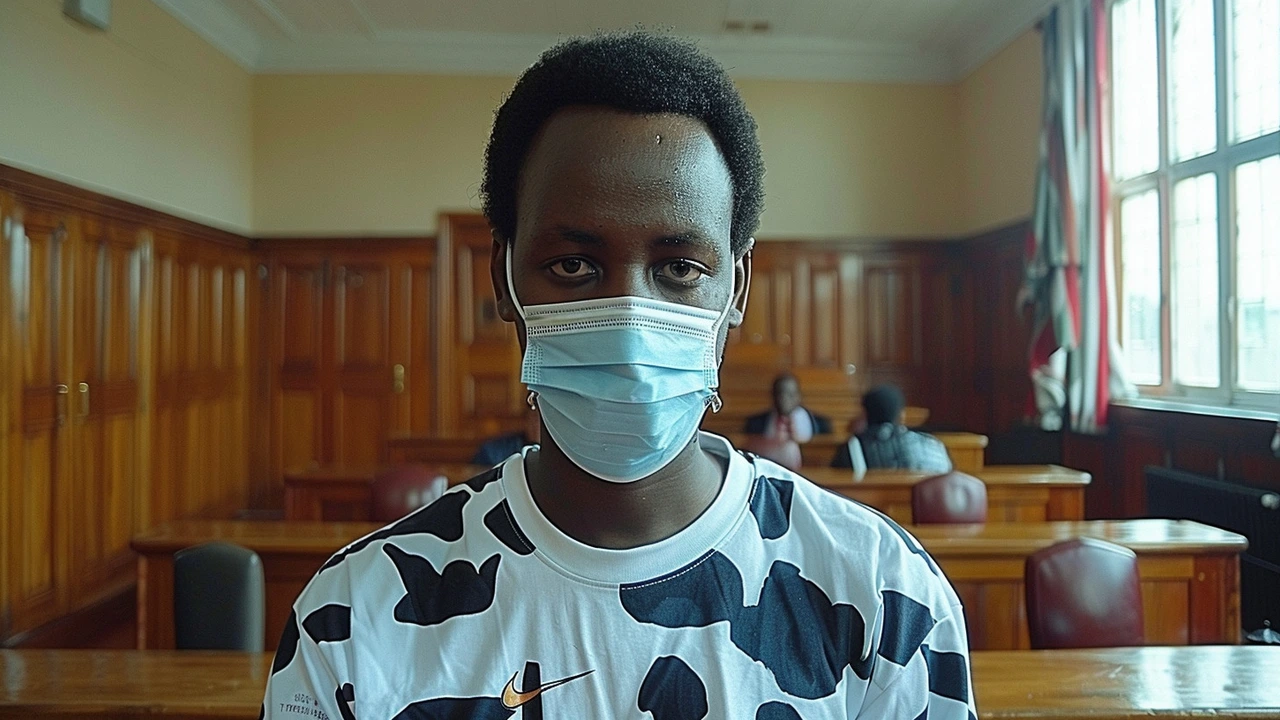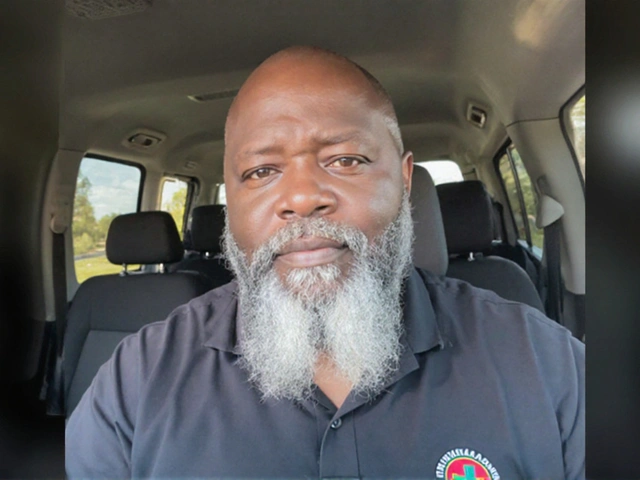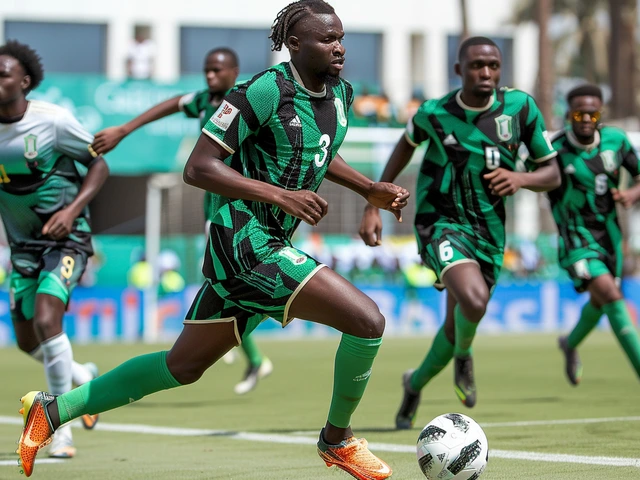Police Assault: What You Need to Know
Police assault is a serious issue that affects communities around the world, including right here in Africa. It happens when police officers use excessive force or violence against civilians. This can range from physical attacks to unwarranted violence during arrests or protests. Knowing what police assault looks like and how it impacts people is important for everyone.
Many times, police carry the responsibility to protect and serve, but when that trust is broken, it leads to a lot of pain and anger in the community. Victims of police assault may suffer injuries, lose trust in law enforcement, or even face long-term psychological effects. Unfortunately, these incidents can also spark protests and calls for reform.
How Police Assault Affects Communities
Police assault doesn’t just hurt the individuals involved — it hurts everyone. When people see police behaving violently, it can create fear and tension between citizens and law enforcement. This breakdown makes it harder for police to do their job well, and for communities to feel safe. Trust is everything, and when it’s lost, crime can increase and cooperation drops.
Communities often demand accountability when police assault happens. This might include investigations, legal action, or changes to police training and policies. People want officers who respect human rights and use force only when absolutely necessary. Public pressure has led some governments to increase transparency and improve oversight, but there’s still a long way to go.
What Can You Do if You Witness or Experience Police Assault?
If you or someone you know faces police assault, it’s vital to stay safe but also document what happened. Recording videos, taking notes of names or badge numbers, and finding witnesses can help support any complaints or legal action. Don’t try to fight back physically unless it’s the only way to protect yourself, but always seek help from lawyers or human rights groups afterward.
Understanding your rights during police interactions is also key. Knowing when you can refuse a search, ask for identification, or file complaints makes you better prepared. Many organizations offer guidance and resources on how to handle these situations properly. Staying informed helps protect you and your community from abuse.
Police assault is a tough issue, but talking about it openly and pushing for better policing keeps the conversation alive. Awareness is the first step to making sure everyone is treated fairly and with respect in society. Staying alert, sharing information, and supporting victims contributes to positive change.

Teen’s Release on Sh700,000 Bond Sparks Debate Amidst Police Assault Allegations
A 19-year-old student, Ian Njoroge, has been released on a Sh700,000 bond by Milimani principal magistrate Ben Mark Ekhubi. Njoroge faces allegations of assaulting a police officer and robbing him of a communication gadget. Despite prosecution objections, the court deemed the charge unconstitutional and rejected claims Njoroge was a flight risk.
Categories
- Sports (146)
- Politics (22)
- Entertainment (20)
- World (15)
- News (10)
- Lifestyle (8)
- Business (6)
- Technology (3)
- Health (3)
- Environment (2)



